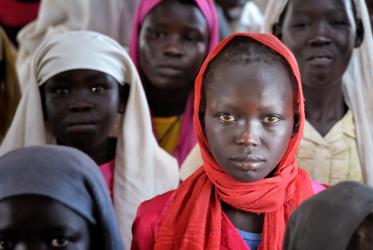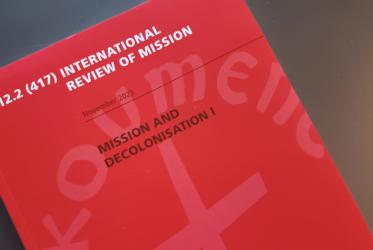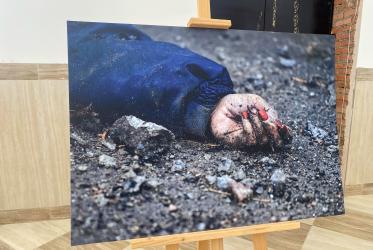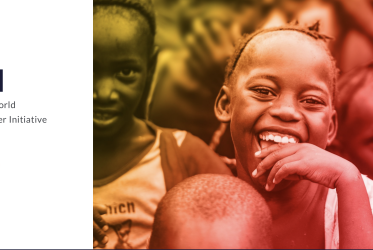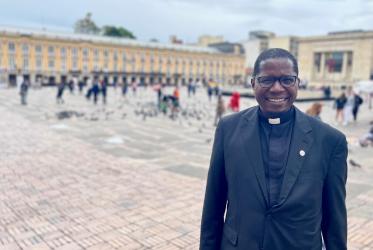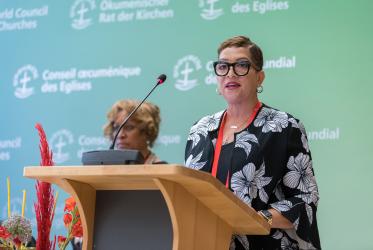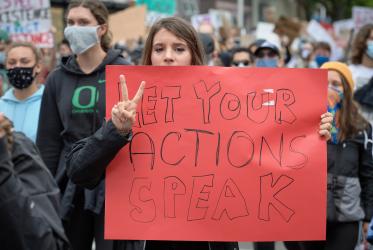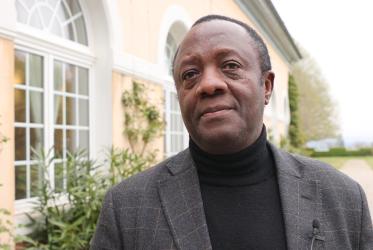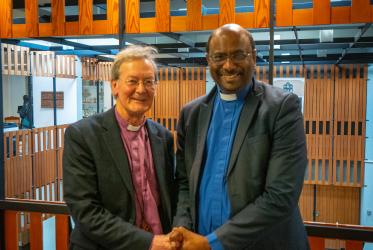Displaying 1 - 20 of 137
WCC prayer on overcoming racism “based on love for all”
28 March 2024
What can churches do to prevent modern slavery?
22 February 2024
"True Freedom” webinar: a call to action against modern slavery
11 January 2024
Tackling sexual violence in war
14 December 2023
Beginning soon: 16 Days against Sexual and Gender-Based Violence
21 November 2023
Thirty days that changed the ecumenical movement
23 October 2023
Clewer Initiative, WCC map course for even stronger collaboration
02 February 2023


